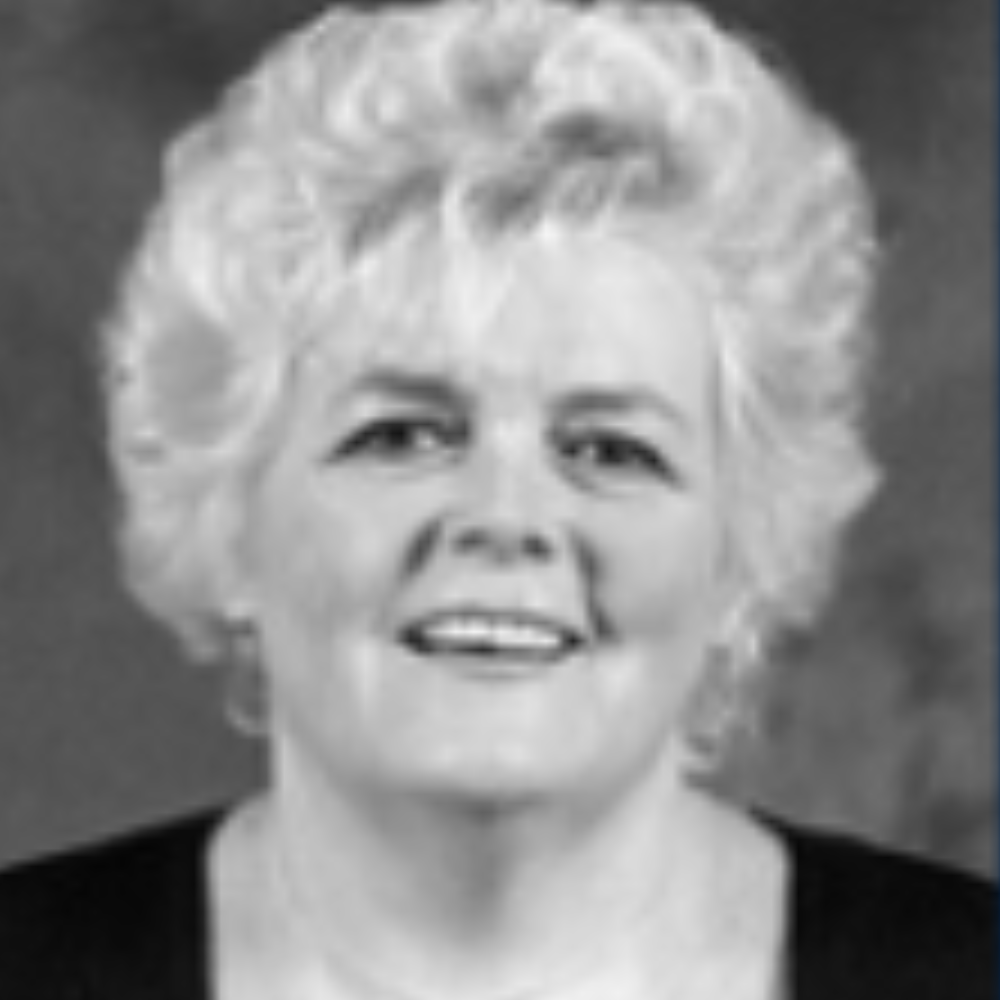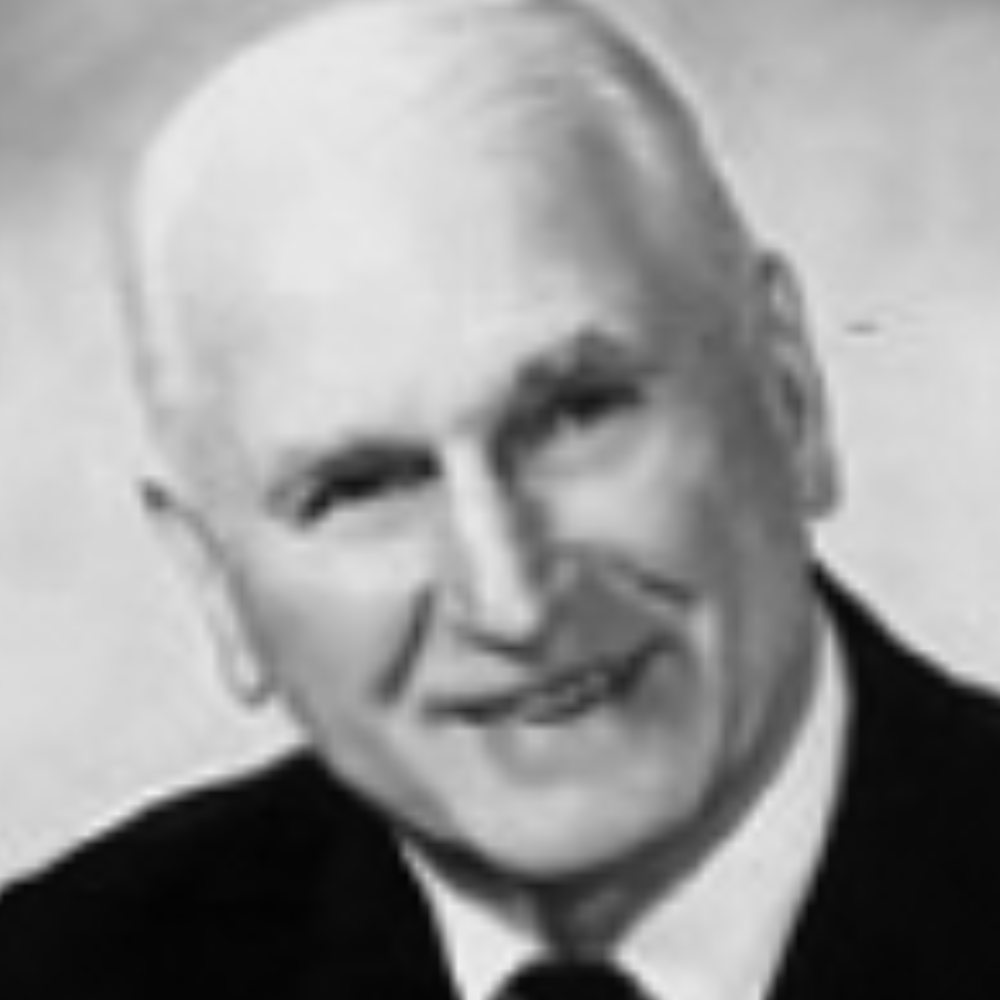Helen and Glenn Jones
Helen Jones was the Team Manager of The West Toronto Barracudas, a Special Olympics Swim Team, from 1996 until 2022, 26 years. Glenn came on board in 2009 and played a strong role as part of the leadership of the team.
Being around individuals with an intellectual disability was not new to them. Helen grew up with a sister with Down Syndrome and they have very close friends whose daughter has Down Syndrome. When their son was attending the University of Toronto, he and a friend who had a brother with Down Syndrome decided to start a Special Olympics swim team. They were both on the University of Toronto Swim Team, and they recruited a number of their fellow team mates to volunteer as coaches. That’s how the Barracudas Swim Team was born back in 1996. Helen knew from it’s start that she wanted to play a role in the team’s development.
The Barracudas are still going strong That is thanks to all the committed volunteer coaches and dedicated swimmers and their families over so
many years. Helen and Glenn feel very honoured to be recognized for their work with Special Olympics.










